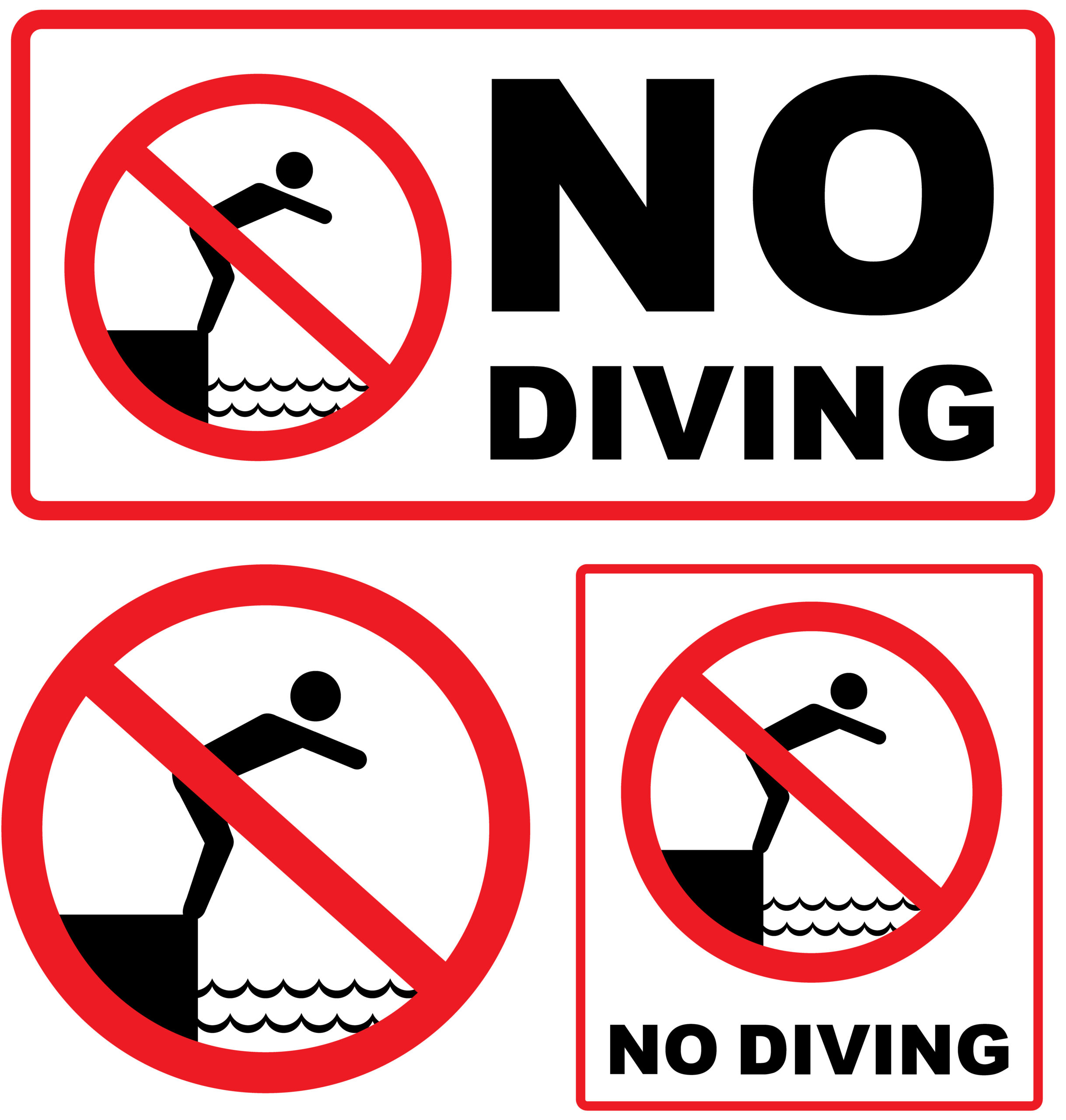You’re ready to build your dream pool, but have you considered local regulations? They can seriously impact your plans.
From building codes dictating design, to zoning laws defining placement and environmental rules ensuring safety, you’ll need a solid understanding of these constraints.
Don’t let regulatory hurdles dampen your dreams; we’ve got the insights you need to navigate them effectively.
Dive in with us as we demystify local regulations on pool construction.
Understanding the Role of Local Regulations in Pool Construction
It’s crucial to understand how local regulations can impact your pool construction project. Each city or county has its unique rules and guidelines, which you must follow for successful permit procurement and regulatory compliance.
You see, these laws ensure safety and environmental sustainability. They dictate factors like pool depth, fencing specifications, drainage systems, and location restrictions relative to property lines or existing structures. If you disregard them, you’ll face hurdles in acquiring permits and may even encounter legal issues down the line.
So, knowledge about these regulations isn’t just useful; it’s essential. You need to incorporate them into your plans from the onset of your project. This proactive approach prevents costly changes later on that could stall your project indefinitely.
Remember also that while some regulations are universal, others vary significantly from one jurisdiction to another. Therefore, don’t assume what applies in one area will apply in another.

How Building Codes Affect Pool Construction
Building codes can significantly alter how your backyard oasis is designed and implemented. These rules dictate everything from the pool’s depth to its proximity to other structures, directly influencing your design decisions. Knowledge of these codes isn’t just beneficial-it’s essential for successful permit procurement.
Securing permits can be a daunting task but understanding code compliance makes it easier. Your local building department uses these codes to ensure safety and environmental responsibility in all construction projects, including pools. So, you’ll need to demonstrate that your plans align with their guidelines before any work begins.
Consider factors like fencing requirements, which are typically strict for pools due to safety concerns around unsupervised access. The same applies for electrical installations-there may be specific stipulations about where lighting or heating systems can be placed relative to water sources.
In short, don’t underestimate the impact of building codes on your pool construction process. They’re not simply bureaucratic hurdles; they’re safeguards for you and your community. With proper planning and an understanding of these regulations, you’ll navigate the process smoothly and end up with a backyard haven that meets all standards for safety and quality.
The Influence of Zoning Laws on Pool Placement and Design
Zoning laws play a crucial role in determining where you’re allowed to place your swimming oasis and how it’s designed. They regulate not only the pool’s location but also its size, shape, depth, and other specifics related to pool aesthetics. It’s essential that you understand these laws before beginning any construction plans.
These regulatory measures are there for a reason. For instance, they ensure your pool doesn’t negatively affect the neighborhood impact by causing issues like noise pollution or obstructing views. Therefore, compliance isn’t optional – it’s mandatory for maintaining harmony within your community.
You may need to adjust your dream design based on these regulations, but don’t be discouraged! You can still create an alluring and functional space within these parameters. Incorporating elements like landscaping techniques around the pool area can enhance aesthetic appeal while adhering to local zoning requirements.
Remember: It’s always beneficial to consult with professionals who understand local regulations thoroughly. This understanding will help minimize potential setbacks and streamline your project timeline.
Challenges Posed by Environmental and Safety Regulations
Navigating through environmental and safety rules can often feel like a maze, but they’re crucial for protecting both you and your surroundings. Managing these regulations requires adaptability, especially during the permitting process of pool construction.
To master this process, consider the following:
– Regulation Adaptability
– Understanding Regulations: You’ll need to comprehend local and national rules regarding pool construction.
– Making Adjustments: If a design doesn’t meet standards, you’ll have to modify it accordingly.
– Permitting Process
– Gathering Documents: Collect all necessary paperwork before starting the permit application.
– Addressing Queries: Be prepared to respond to any inquiries or concerns from regulatory bodies promptly.
These challenges might seem daunting, but don’t worry. With a clear understanding of local regulations and an adaptable approach towards changes, you can navigate through this labyrinth with ease.
Remember that every rule is there for a reason-mainly to ensure safety and environmental protection. So while it might take some time to get your head around them all, it’s well worth the effort in guaranteeing your pool project’s smooth sailing.
Overcoming Regulatory Hurdles in Pool Construction
Overcoming regulatory hurdles in your project isn’t impossible; it’s all about understanding the rules and adapting as necessary.
The first step towards regulatory compliance is always permit procurement. You must determine which permits apply to your specific pool construction project and gather all the necessary documentation for application.
Mastering the art of navigating local regulations requires a keen eye for detail, patience, and persistence. Do thorough research on local building codes related to swimming pools – these can include safety requirements like fencing or alarm systems, health regulations concerning water quality and filtration, or environmental stipulations like watershed protection measures.
You’ll likely face inspections at various stages of construction. Welcome these inspections as they’re opportunities to ensure you’re complying with all standards and avoiding potential penalties down the line.
Remember that while you may be eager to get started on your project, rushing through this process could lead to costly mistakes that delay completion even further. It’s vital that you take time in acquiring necessary permits and adhering strictly to guidelines.

Frequently Asked Questions
What Are the Average Costs Associated With Pool Construction?
You’re looking at varying costs for pool construction, influenced by factors like financing options and contractor selection. It’s crucial to research thoroughly and plan your budget accordingly to avoid unexpected expenses.
How Long Does the Process of Pool Construction Typically Take?
Pool construction, considering maintenance and safety measures, generally takes 6-12 weeks. But it’s not just digging and filling – planning, permits, excavation, plumbing installation, deck building all contribute to this timeframe.
What Are Some Common Materials Used in Pool Construction?
You’re often seeing concrete, fiberglass, and vinyl used in pool construction. These materials are chosen for their durability. Plus, there’s a growing trend towards eco-friendly options like natural stone and recycled glass.
What Are the Benefits of Having a Home Swimming Pool?
You’ll love the health benefits of having a home swimming pool. Regular swimming improves cardiovascular fitness and flexibility. Plus, pool maintenance can be therapeutic, providing a sense of accomplishment and control over your environment.
Are There Any Tax Benefits or Implications Associated With Constructing a Pool?
Yes, pool construction can impact your taxes. It’s often considered a capital improvement, potentially increasing property taxes. Remember to consider pool insurance necessities and financing options before diving into the project.
